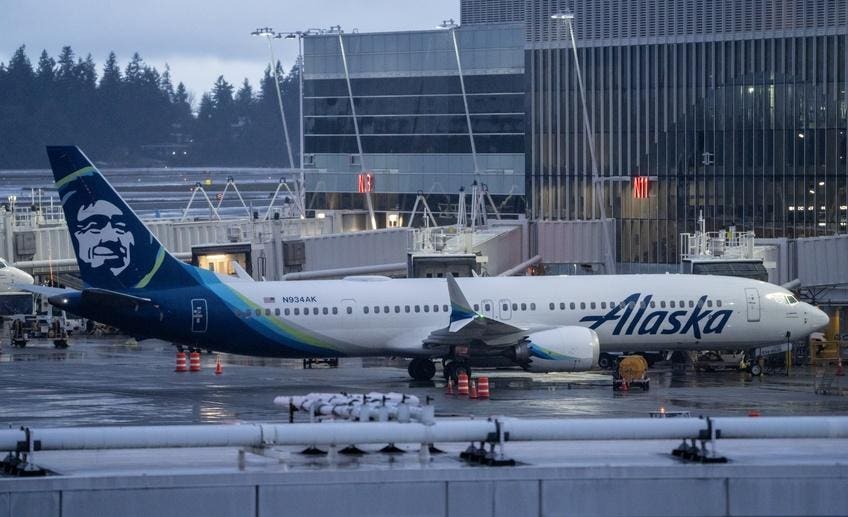The overwhelming prevalence of plea agreements in resolving federal criminal cases underscores the unusual nature of Judge Reed O’Connor’s rejection of a proposed plea deal between Boeing and the Department of Justice. This agreement, pertaining to charges of conspiracy to defraud the Federal Aviation Administration (FAA) in connection with two fatal 737 Max crashes, would have seen Boeing plead guilty and pay a substantial fine. Judge O’Connor’s refusal highlights key concerns about the agreement’s structure and its potential effectiveness in preventing future misconduct. This rejection forces both parties to reconsider their approach and devise a more robust and judicially acceptable resolution.
Central to Judge O’Connor’s disapproval were two primary issues. First, the agreement stipulated that the Justice Department, rather than the court, would oversee the appointed compliance monitor. This provision raised concerns about the judiciary’s role in ensuring Boeing’s adherence to the terms of the agreement. Second, the judge expressed skepticism about the efficacy of the proposed monitoring process, particularly in light of a previous deferred prosecution agreement with Boeing in 2021, which appeared to have failed to prevent further safety incidents, including a door malfunction on an Alaska Airlines 737 Max in 2024. The judge’s concerns stemmed from the perception that the proposed agreement did not adequately address the underlying issues that led to the initial charges and subsequent breach of the deferred prosecution agreement.
The 2021 deferred prosecution agreement stemmed from Boeing’s admission that two employees had misled the FAA about a new flight control feature on the 737 Max, opting for less rigorous and costly computer-based pilot training instead of more comprehensive simulator training. The present conspiracy charges arose from the Justice Department’s determination that Boeing had breached its obligations under the 2021 agreement by failing to establish a robust compliance and ethics program to prevent future fraud. This failure, in the judge’s view, underscored the need for a more stringent and court-supervised monitoring process.
Judge O’Connor’s rejection also focused on the agreement’s provisions regarding the selection and authority of the independent compliance monitor. He criticized the fact that the Justice Department, not the court, would select the monitor, and that Boeing would have the opportunity to veto potential candidates. Furthermore, the agreement did not mandate Boeing’s compliance with the monitor’s recommendations, limiting the monitor’s effectiveness and the court’s ability to enforce corrective actions. The judge viewed these limitations as undermining the court’s authority and diminishing public confidence in the process.
Further fueling Judge O’Connor’s concerns were the Justice Department’s diversity and inclusion policies, which he believed could unduly influence the selection of the monitor. While the government asserted that merit and talent would be the sole criteria, the judge expressed skepticism, suggesting that the focus on diversity and inclusion might overshadow the primary goal of selecting a highly qualified and impartial monitor. This skepticism, combined with the other concerns regarding the selection process, further reinforced the judge’s decision to reject the agreement.
In rejecting the plea agreement, Judge O’Connor emphasized the need for stronger judicial oversight to restore public trust. He argued that the government’s previous attempts to ensure Boeing’s compliance had failed, necessitating a more proactive role for the court. He criticized the marginalization of the judiciary in the selection and monitoring process, highlighting the importance of robust judicial oversight in holding corporations accountable for their actions. Judge O’Connor ultimately granted Boeing and the Justice Department 30 days to revise the agreement and address his concerns, signaling his commitment to ensuring a more effective and transparent process for overseeing Boeing’s compliance and safeguarding public safety. The judge’s decision underscores the crucial role of the judiciary in holding corporations accountable and upholding the integrity of the legal system.



